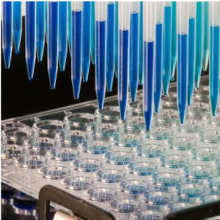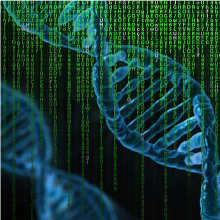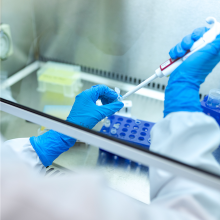Protocols

CZ-OPENSCREEN: Coronavirus sample testing and database
The National Infrastructure for Chemical Biology (CZ-OPENSCREEN), Czech node to EU-OPENSCREEN ERIC, hosted by the Institute of Molecular Genetics of the Czech Academy of Sciences, plans to test up to 1,000 samples per day. CZ-OPENSCREEN focuses on the identification of new molecular probes and tools for research and validation of compounds suitable for the development of new drugs. The team has also developed the internal database CORONAbase, to register samples and to transform all the appropriate personal data to an electronic version. CZ-OPENSCREEN is sharing the know-how of high-throughput workflow for RNA isolation and preparation of RT-qPCR reactions, as well as the CORONAbase, with other academic institutions involved in Covid-19 testing, in order to improve their testing services and standards.

GenomePT: NGS methods to monitor COVID-19
GenomePortugal is a distributed genome sequencing and analysis Research Infrastructure for basic/applied genome research and advanced services, which congregates researchers and technical personnel from 11 national research centers and has the technological capacity and expertise to sequence and analyze complex genomes. GenomePT is engaged in the development of NGS methods to monitor the COVID-19 pandemic and sequence the SARS-Cov-2 genome at the population level to identify new mutations and determine the penetrance of specific viral strains in the population. GenomePT welcomes collaboration requests from European partners in these endeavors, and is keen to share data, protocols and materials to support the fight against COVID-19.

MIRRI: Active development of diagnostic tests
The Microbial Research Resource Infrastructure (MIRRI) covers different European Biological Resource Centres. Within the French node of MIRRI, one of the units of the Centre de Resources Biologiques de l'Institut Pasteur (CRBIP), namely the biobank of human samples (ICAReB), is actively working in relation to the SARS-CoV2 outbreak. They are receiving hundreds of blood samples per day from different geographical areas and institutions in France. These samples are prepared, cryopreserved and distributed to Pasteurian researchers developing novel diagnostic tests, specifically serological tests.
